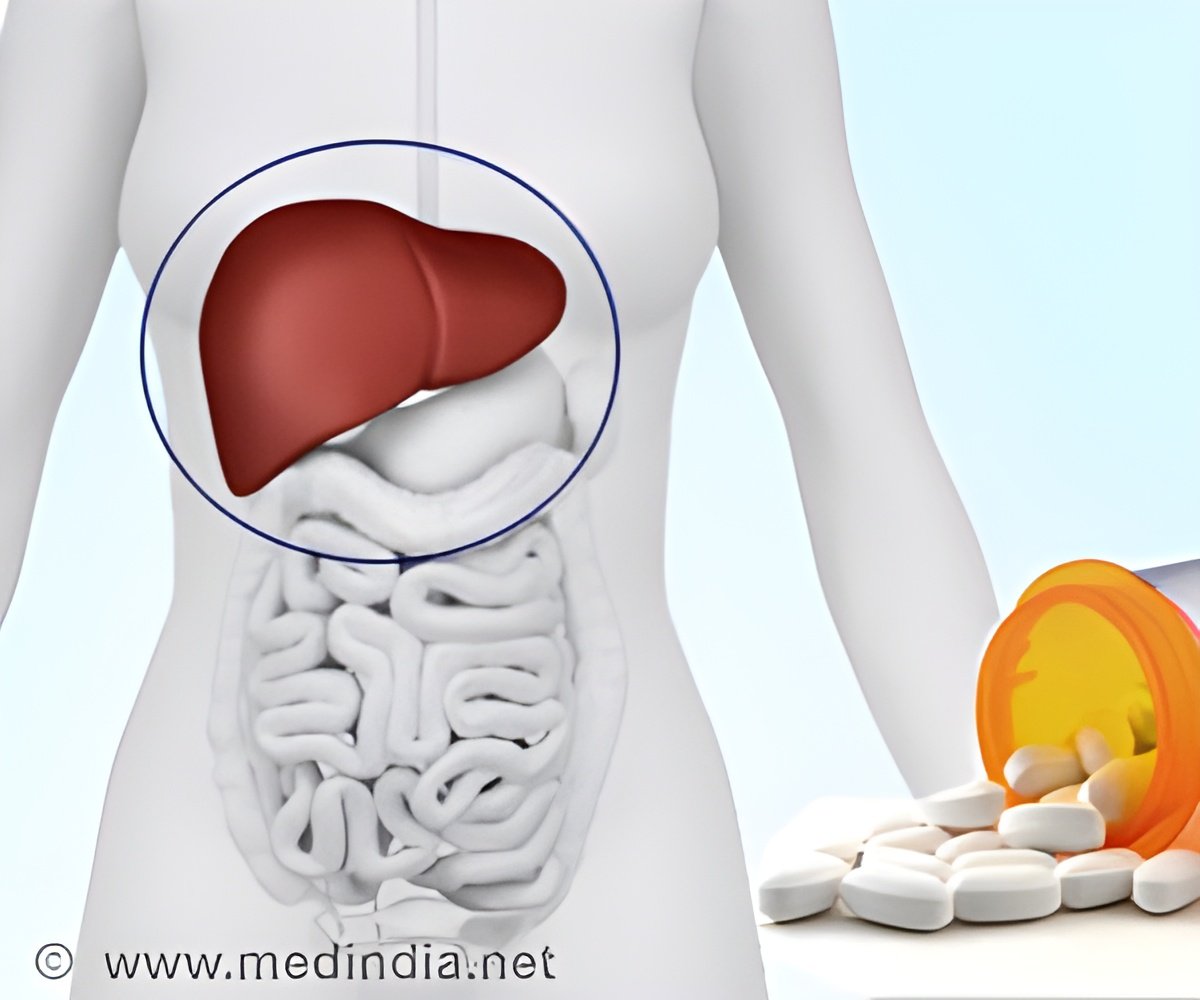
‘An online scoring system, called the BE3A score, that assesses 5 baseline factors - body mass index, encephalopathy, ascites and serum levels of alanine aminotransferase and albumin, helps doctors to choose the right therapy for chronic hepatitis C patients.’
Tweet it Now
The researchers led a retrospective analysis of four randomized clinical trials focused on the effects of DAA therapies in patients with HCV-associated liver failure, and developed a new means of predicting improvement in liver function in response to DAA treatment. The online scoring system, called the BE3A score, assesses 5 baseline factors (body mass index, encephalopathy, ascites and serum levels of alanine aminotransferase and albumin) to provide physicians with a shared decision-making tool to quantify the potential benefits of DAA therapy for patients with decompensated cirrhosis. "Doctors and patients need to decide when a patient should receive HCV treatment in the setting of decompensated cirrhosis from HCV and whether to treat before, or defer treatment until after liver transplant," wrote study authors Michael P. Curry, MD, Section Chief of Hepatology at BIDMC and Z. Gordon Jiang, MD, a translational investigator at BIDMC's Liver Center. "Our study combined all of the data from smaller studies, allowing us to have a large enough sample size to determine predictors of improvement in liver function. With this analysis, we created a tool for shared decision-making for doctors and patients in this exact clinical scenario. "
Source-Eurekalert













